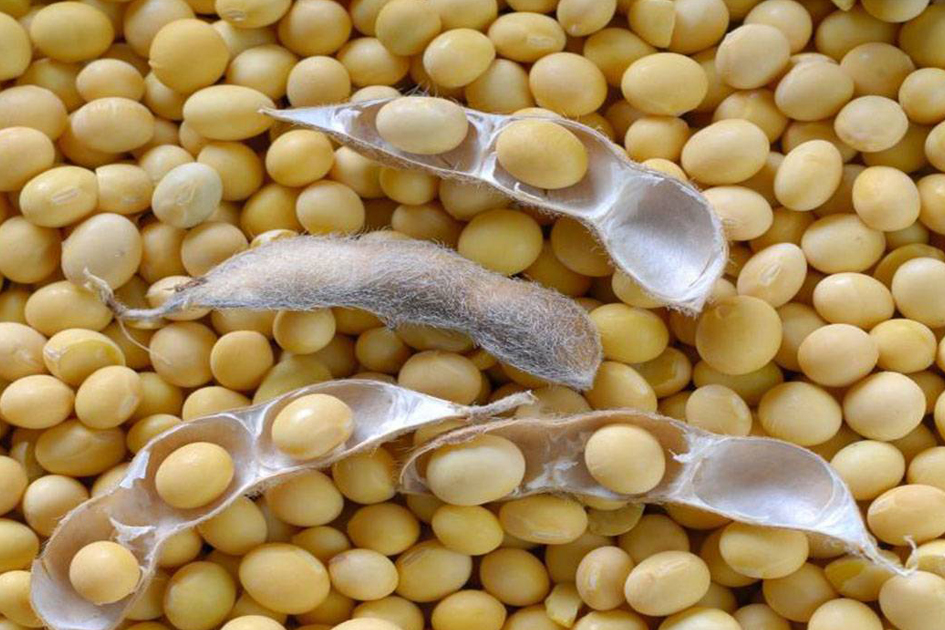الفول الصويا Soybeans
Soybeans are legumes that belong to the pea family and are one of the most important crops in the world. They are known for their high nutritional value and numerous health benefits, making them a preferred food in many different cultures. In this article, we will explore some aspects of soybeans, including their nutritional value and various uses.
Nutritional Value of Soybeans
Soybeans are rich in diverse and important nutrients, making them an essential food in healthy diets. Some of the key nutrients found in soybeans include:
Proteins: Soybeans are one of the richest plant-based sources of protein, containing all the essential amino acids required by the body. For this reason, soybeans are an excellent choice for vegetarians and those following a meat-free diet.
Healthy Fats: Soybeans are high in unsaturated fats, particularly omega-3 fatty acids, which play a significant role in improving heart and vascular health.
Fiber: Soybeans are rich in dietary fiber, which helps improve digestion and lower cholesterol levels in the blood, thereby reducing the risk of heart disease.
Vitamins and Minerals: Soybeans contain a wide variety of important vitamins and minerals, such as vitamin “K”, B vitamins, iron, calcium, and magnesium, all of which contribute to overall health.
Benefits:
Soybeans offer multiple health benefits, some of which include:
Supporting Heart Health: Due to their high omega-3 fatty acid content, soybeans help reduce harmful cholesterol levels in the body, thereby lowering the risk of heart disease.
Cancer Prevention: Soybeans contain compounds called “isoflavones,” which have been shown in some studies to help reduce the risk of certain cancers, particularly breast cancer and prostate cancer.
Bone Health: Soybeans are a good source of calcium and magnesium, which contribute to stronger bones and help prevent osteoporosis.
Blood Sugar Regulation: Soybeans help lower blood sugar levels due to their fiber content and the compounds that improve the body’s insulin response.
Uses of Soybeans:
Soybeans are used in a variety of food and industrial products, including:
Plant-Based Dairy Products: Soybeans can be transformed into soy milk, a popular dairy alternative, which is an ideal option for vegetarians or those with dairy allergies.
Tofu: Tofu, made from soy milk, is a cheese-like product commonly used in many Asian dishes and serves as a plant-based protein substitute.
Tempeh: Tempeh is a fermented soybean product and serves as a healthy alternative to meat in many dishes.
Soybean Oil: Soybean oil is widely used in cooking and baking and is one of the most commonly used vegetable oils in the world.
Dietary Supplements: Some soy extracts are used in dietary supplements to support general health and improve various biological functions in the body.
Soybeans in Agriculture and Economy
Soybeans are an economically important crop in many countries worldwide. They are mainly grown in South America, the United States, China, and India, and are used in animal feed, vegetable oils, and exported as food products to global markets.
Side Effects of Soybeans
Despite the many benefits soybeans provide, there are some precautions to consider:
Excessive consumption of soybeans can lead to digestive issues or affect certain hormones in the body due to their isoflavone content.
Some individuals may have allergies to soybeans.

